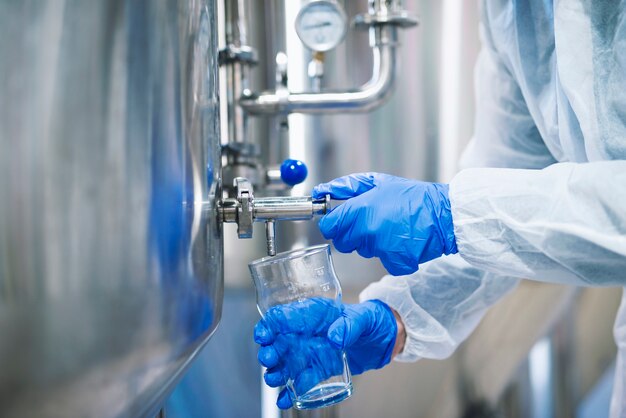Effective wastewater treatment is essential not only for environmental compliance but also for ensuring operational efficiency and cost-effectiveness. Facility managers overseeing wastewater treatment plants (WWTPs) and anaerobic digesters face unique challenges, particularly in selecting reliable equipment designed for harsh, demanding conditions. This guide highlights key considerations and effective equipment solutions to support informed decision-making.
Key Considerations for Equipment in Harsh WWTP Environments
Wastewater treatment facilities present challenging conditions, including exposure to corrosive substances, abrasive solids, and demanding operational cycles. Equipment chosen must withstand these harsh conditions, ensuring consistent performance with minimal downtime. Facility managers should prioritize:
- Corrosion Resistance: Equipment constructed from corrosion-resistant materials such as stainless steel, specialty alloys, or advanced composites is crucial. This prolongs equipment life and minimizes maintenance frequency.
- Ease of Maintenance: Selecting equipment designed for easy access, cleaning, and replacement of components can significantly reduce operational downtime and maintenance costs.
- Operational Reliability: High reliability reduces the risk of unplanned downtime, which can disrupt operations and lead to regulatory compliance issues.
Essential Equipment for Effective Wastewater Treatment
Pumps
Pumps are at the heart of any wastewater treatment process. Centrifugal, submersible, and positive displacement pumps are common, each suited to different types of sludge handling and liquid transfer applications. For handling abrasive or corrosive media, pumps with specially designed impellers and wear-resistant liners can significantly improve durability.
Valves
Robust, corrosion-resistant valves are essential for flow control and isolation in wastewater processes. Ball valves, gate valves, and diaphragm valves are frequently employed, depending on the application’s specific requirements. Selecting valves made from corrosion-resistant alloys or coatings can greatly extend their lifespan.
Specialized Agitators
Anaerobic digesters and other wastewater treatment stages often rely on specialized agitators to maintain optimal mixing conditions. These agitators must withstand continuous operation and exposure to corrosive gases like hydrogen sulfide and methane. Choosing agitators with robust sealing systems and corrosion-resistant components ensures long-term reliability and performance.
Expert Advice and Technical Support
Selecting appropriate wastewater treatment equipment can be complex due to the variety of technologies available and the unique demands of each application. Consulting industry experts can help facility managers navigate these decisions effectively. Providers such as Flexachem offer tailored recommendations and technical expertise, assisting facilities in selecting reliable, durable, and efficient equipment designed for long-term operational success.
Conclusion
Choosing reliable process equipment is vital for wastewater treatment plants aiming to achieve operational excellence and regulatory compliance. Prioritizing corrosion resistance, ease of maintenance, and operational reliability significantly enhances equipment longevity and performance. With the support of knowledgeable industry experts, facility managers can confidently select optimal solutions to meet their wastewater treatment challenges, ensuring efficient, reliable, and sustainable operations.








